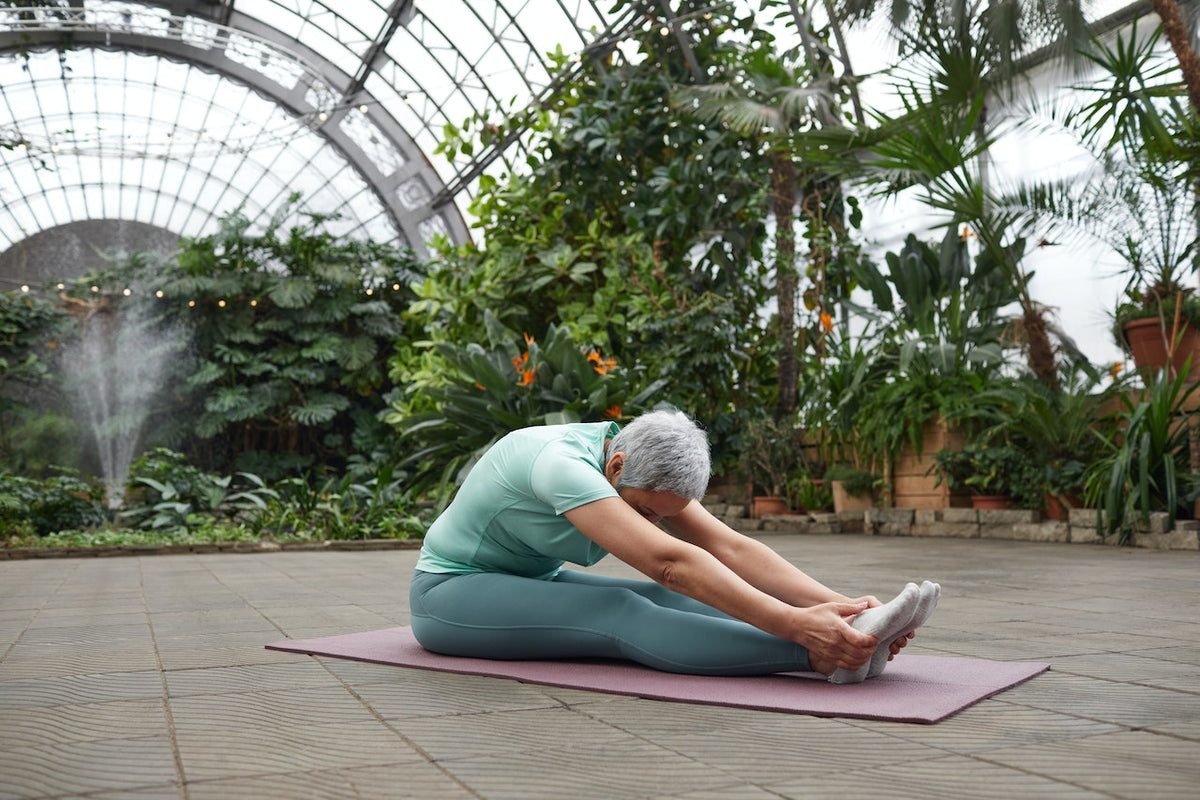Free Shipping over $40.

Hip replacement surgery can be life-changing for some. In modern times, hip replacement surgery has a success rate of more than 80% for 15 years, and up to 70% for at least 20 years post-surgery. Hip surgery can provide much-needed relief for those with severe arthritis in the hips or those who suffered a hip injury.
But like any invasive procedure, hip surgery requires a lengthy recovery period. For best results following your surgery, there are certain practices you should follow as well as things you should avoid. Keep reading for 10 things to avoid after hip replacement surgery to ensure a speedier recovery.
Hip replacement surgery recovery takes time and patience. You will need to learn how to alter your lifestyle to ensure a proper recovery afterward. Below are 10 things to avoid after hip replacement surgery.
Note that many of these suggestions can apply to immediately after surgery, weeks or months after surgery, or some of them permanently. Always check with your doctor for proper recovery instructions following your surgery.
After surgery, there are certain movements you want to refrain from to avoid dislocating your new hip. Bending at the waist more than 90 degrees is one of them. Avoid bending your hip too far or lifting your knee too high. Never bend over to pick something up off the floor and avoid sitting in low chairs. If you are sitting down, your thighs should be parallel to the ground to avoid breaking the 90-degree rule.
Crossing your legs over one another is another movement you should avoid for a few days or weeks after your hip surgery. Crossing your legs may result in dislocating your hip joint. You may be instructed to sleep with a wedge pillow at night to avoid your legs crossing or coming too close together.
Immediately after hip surgery you should avoid rotating your hips inward. Walking pigeon-toed (with your feet facing inward) will rotate your hips too far and may cause hip dislocation. Avoid this by walking, sitting, standing, and lying with your feet and toes facing straight ahead.
Avoid twisting or pivoting at the waist or hips. As a general rule, your torso and hips should always be facing the same direction. Any minor waist twist may cause your hips to pivot slightly which could hurt your recovery.
Driving after hip surgery is different for everyone and may depend on the type of hip surgery you had. Avoid driving right after your surgery unless otherwise instructed by your doctor or surgeon. Some people may be able to drive shortly after surgery while others may need to wait longer.
When it comes to getting a hip replacement, the surgery is only half the battle. You will need to undergo extensive physical therapy to retrain your new hip how to function properly. Physical therapy will involve a series of exercises and stretches to help you regain flexibility and strength.
A common mistake people make after hip replacement surgery is to skip out on physical therapy sessions. Failing to attend these sessions will only prolong your recovery time and make regaining full movement in your hips more difficult.
Many people underestimate the role diet and nutrition plays in recovery. Your body naturally works to repair itself after suffering a wound or injury but to do so, it needs certain nutrients. Most of these nutrients can be found in plant foods, proteins, and healthy fats. A balanced, healthy diet is essential to getting adequate levels of nutrients.
Dietary supplements like WoundVite can be included into your recovery routine to amp up your nutrient intake.* WoundVite is formulated to provide support for your body during surgery or injury recovery.* It contains all-natural ingredients that may help support a healthy healing process.*
Avoid sleeping on your stomach right after hip replacement surgery. Sleeping on your stomach increases the risk of your hip twisting, which can lead to dislocation. You should also avoid sleeping on your side, which places too much stress on your hip implant since it is now supporting the full weight of your body.
For best post-surgical results, sleep on your back. You should also avoid reaching down to pull up your covers as this may cause too much movement or strain on your hips as well.
Recovering from hip replacement surgery is a lengthy process. It can be hard to adjust your lifestyle around your recovery, especially if you are used to being active. You may be frustrated with your limitations and want to hurry your recovery.
But rushing your recovery can potentially lead to complications or further injury. By rushing your recovery, you can instead prolong your recovery or cause irreversible damage. Be patient and listen to your doctor’s orders for the best results.
Before your hip replacement surgery, make sure you are properly prepared for recovery. Doing so will make your life easier and prevent your risk of further injury.
Invest in healthcare objects that will make recovering with limited mobility simpler such as a walking device (walker or cane), grab bar in the bathroom (to make showering and using the toilet easier), grab stick (which will help you pick up things off the floor or grab things out of reach). You will need these objects to be more independent after surgery.
Hip replacement surgery is a major surgery with a high success rate. If you are about to undergo hip replacement surgery, do your research to learn what to expect. Recovery will be long but can be made easier by following your doctor’s instructions and avoiding certain actions and behaviors.
* These statements have not been evaluated by the Food and Drug Administration. These products are not intended to diagnose, treat, cure or prevent any disease.